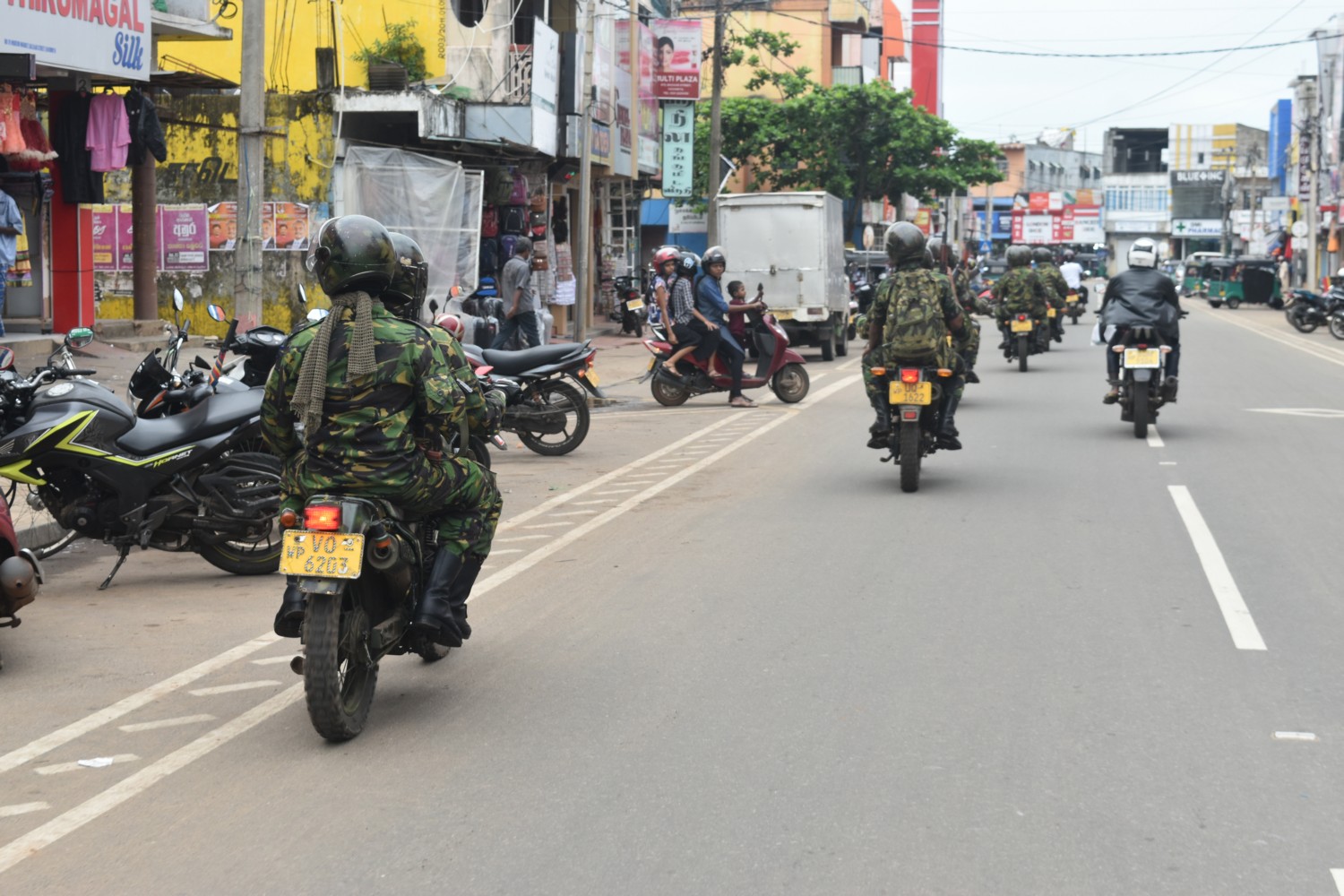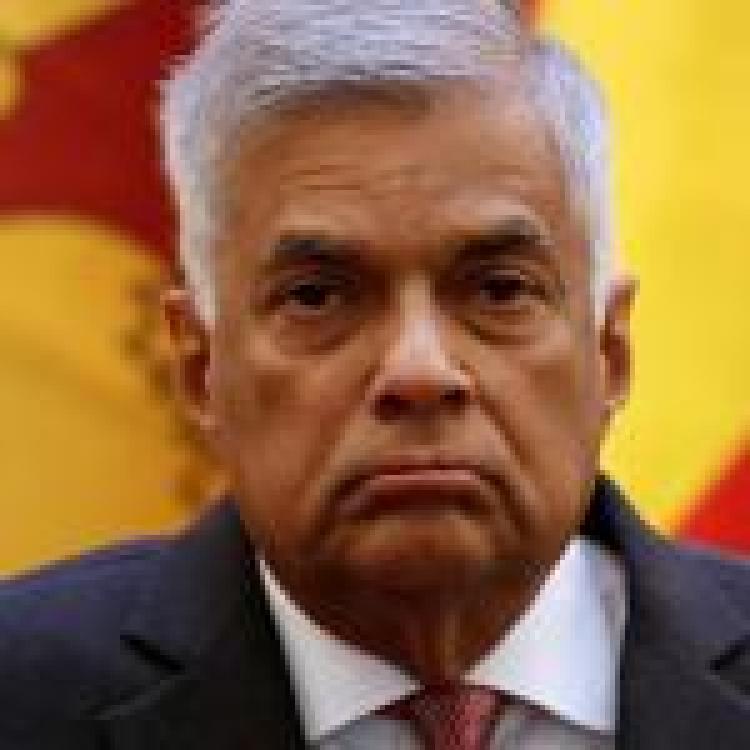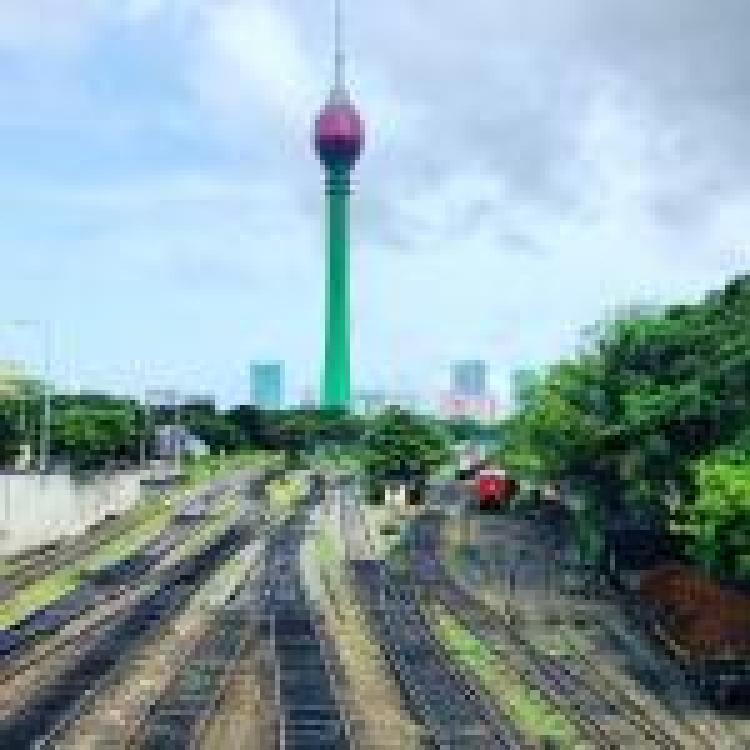
Sri Lanka's political and social instability has been cited as a key reason for limited Japanese investment in the island.
Following a survey by the Japan External Trade Organisation, 93.5% of firms noted that "political and social instability" created a disadvantaged environment for investment on the island.
The next most cited disadvantage was unclear policy management by local government (77.4 %) and currency volatility (58.1%).
Insufficient infrastructure of electric power was cited by 45.2 % of firms and increased labour costs by 32.3 % of respondents.
Underdeveloped supply chains were also an issue, with only 20.8 % of companies saying that they procure raw materials and parts from Sri Lanka.
In 2021 the ultranationalist government scrapped two multimillion dollar investment projects funded by Japan, as reported by NikkeiAsia, as the country's debt spiralled.
The two projects which were agreed under previous “good governance regime” were scrapped by the ultranationalist regime led by war criminal, Gotabaya Rajapaksa. The construction of an elevated commuter rail project through Colombo and the development of a container terminal in the Colombo Port were set to be funded by the most favourable loans rates available to Sri Lanka.
Japan had agreed to provide a US$1.8 billion loan for the light rail project and a $500 million loan for the Eastern Container Terminal Venture where the interest rate for the LRP was 0.1%. Japan has consistently provided the lowest interest rate on available loans to Sri Lanka compared to other major lenders with its average being 0.7%.
The cancellation brought criticism from financial commentators and opposition politicians.
Read more at EconomyNext


